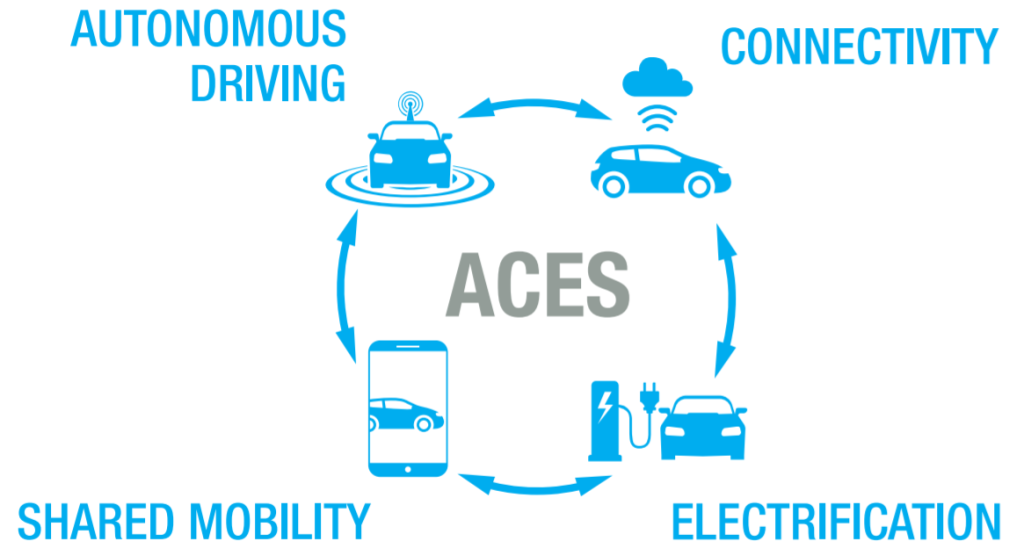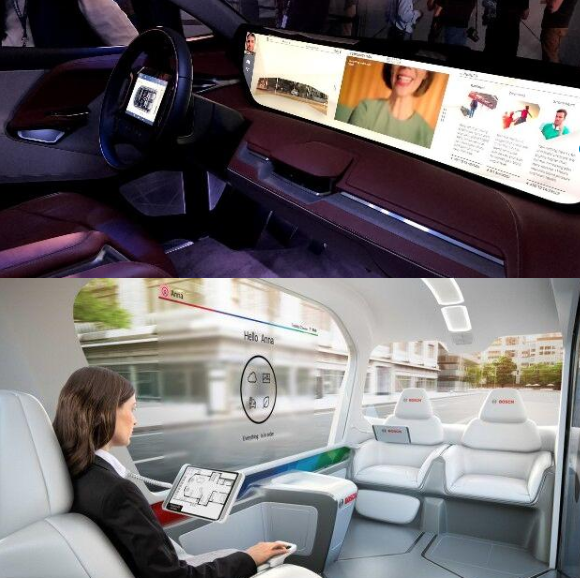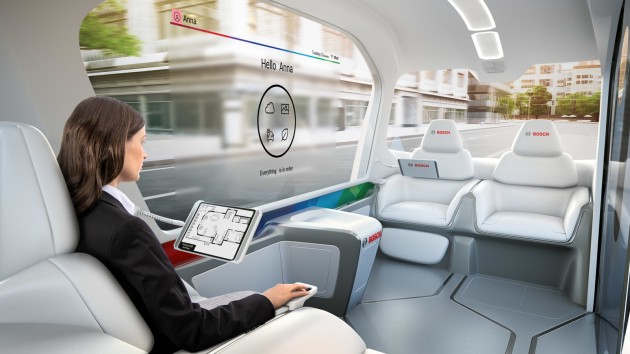“I do believe in the horse. The automobile is no more than a transitory phenomenon.”
Wilhelm II, last German Emperor, 1859 — 1941
Despite Wilhelm’s evaluation of automobiles, the industry grew tremendously over the last 100 years to more than 80 million cars sold in 2018. Since the late 19th-century, car manufacturers’ main revenue streams have diversified into automobile sales, after-sales and financial services. What will be significant challenges facing the industry over the next 100 years? The Center for Automotive Research (CAR) argues that the four mega-trends of automated, connected, electric and shared vehicles ACES have the power to enable new mobility paradigms and business models. ACE are technical challenges, while S is changing the value proposition, already shaping new mobility products and revenue streams. This article summarizes these major trends in the automotive industry and discusses potential challenges as well as opportunities.

Artificial Intelligence (AI), Internet of Things (IoT) and Urbanization are shaping the way we will life
The major challenges encountered today are maintenance (e.g., repairs, cleaning, checkups, replacements…etc), legal duties (e.g., insurance, registration..etc), refuelling cost and effort, navigating congested roadways and parking. To address these challenges, ACES comes forward with a “multimodal transport” model as a potential solution.
The United Nations estimates more than half of the world’s population to be living in urban areas. This ongoing urbanization is challenging in terms of sustainability and environmental compatibility. One building block for healthier living in urban areas could be based on better transportation systems and fewer emissions. Felix Naser suggests that “urban areas could become a driving force for electric and connected vehicles. The connectivity aspect would allow smarter routing and e-mobility is at least locally emission-free. This could help to reduce emissions in urban areas.”
“More than half of all urban trips are 3 miles or less.”
This tendency of relatively short trips in urban and denser populated areas is also impacting what service or product addresses the user’s needs in the best way. As shown in below figure privately owned cars are very well suited for longer distances and offer high flexibility. However, for shorter distances, Transportation Network Companies (TNC) providing ride-hailing services might offer a more convenient mode of transportation: Individual mobility from door-to-door with short waiting times. In contrast, public transportation in urban areas mostly depends on static stations and rigid (maybe even unreliable) time tables. Automated and both sharing concepts — ride-hailing and car-sharing — were able to expand their user base especially in urban areas over the past years. For example, the Uber new driver-partner number in the US was growing exponentially in recent years. Mobility on Demand service providers such as Uber, Lyft or Didi are eliminating some of the burdens car ownership currently implicates.

Ideal Use Cases for Different Modes of Transportation
On the one hand, these concepts might take market shares from the privately-owned car segment which might become a challenge for the current business models of many car manufacturers. However, it does create the potential for a new growing market catering towards younger customers, which could offer great potential for expansion. One response from BMW and Daimler to this trend was to announce a joint mobility company in September 2018. GM invested in Lyft, Volkswagen in Gett and Apple in Didi. New companies like Byton are trying to translate the smart-phone experience to vehicles. New vehicle designs were also presented at CES 2019 for example from Bosch to address the challenges of ACES.

Vehicle designs by Byton and Bosch
Given these developments and volatility, it is hard to predict the future; it will be exciting to follow the development of transportation in the next 10, 20 and 50 years.
This article is based on an interview with Young Professional Felix Naser conducted by Tim Seyde in January 2019.
Felix Naser has co-founded a self-driving car startup in China and recently graduated from MIT. He got awarded more than seven merit-based scholarships and published papers at transportation conferences. His joint work on future mobility got featured in NBC, Wired, IEEE Spectrum, TechCrunch among others as well as in German and Chinese news outlets.






